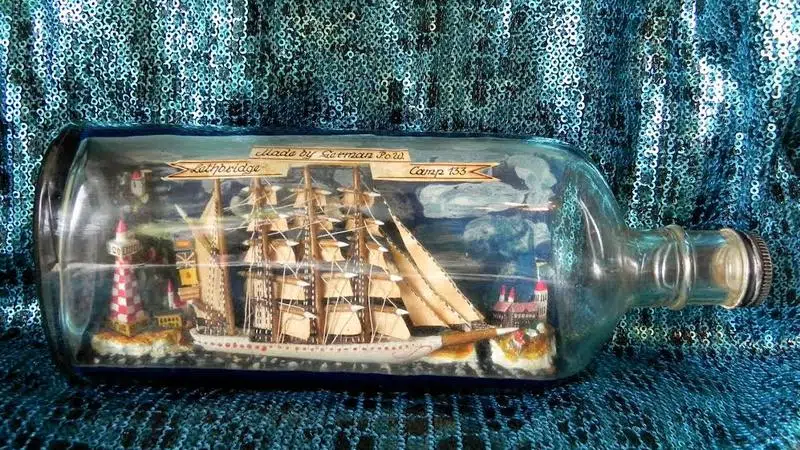
POWs: Inside Lethbridge and southern Alberta’s Prisoner of War camps
LETHBRIDGE, AB – Not too many people may know this, but many years ago, Lethbridge and southern Alberta was host to prisoner of war (POW) camps.
Glenn Miller, a retired Warrant Officer who works with the Lethbridge Legion, spoke with Lethbridge News Now on numerous topics as part of Veterans’ Week and ahead of Remembrance Day 2019.
One topic of discussion was the history of war camps in Lethbridge and the surrounding region during World War Two.
“The prisoner of war camp here in Lethbridge was actually larger than the population of Lethbridge itself at the time,” Miller said.

